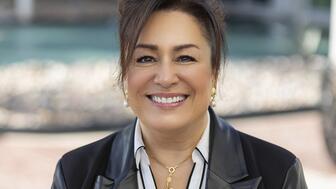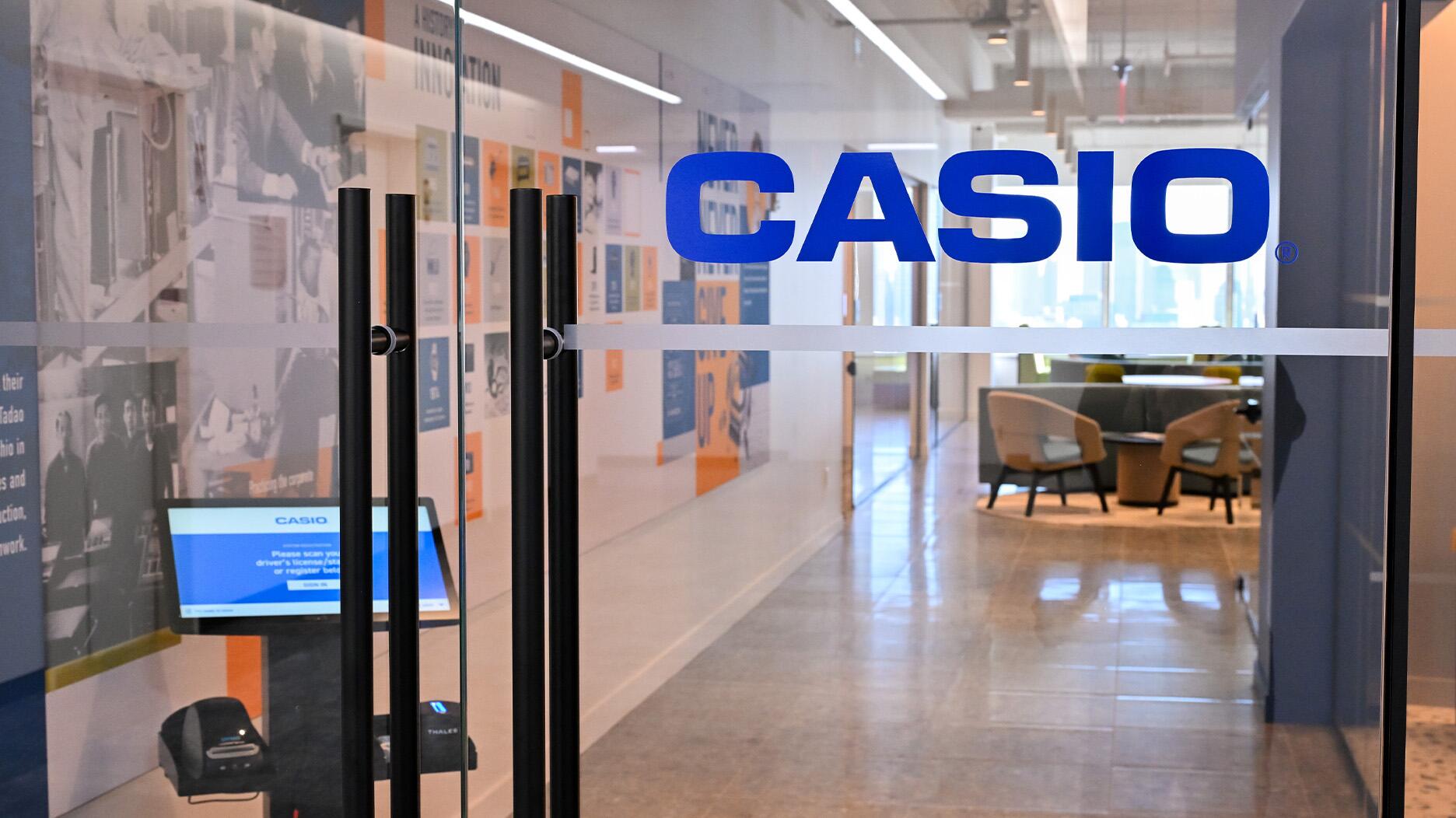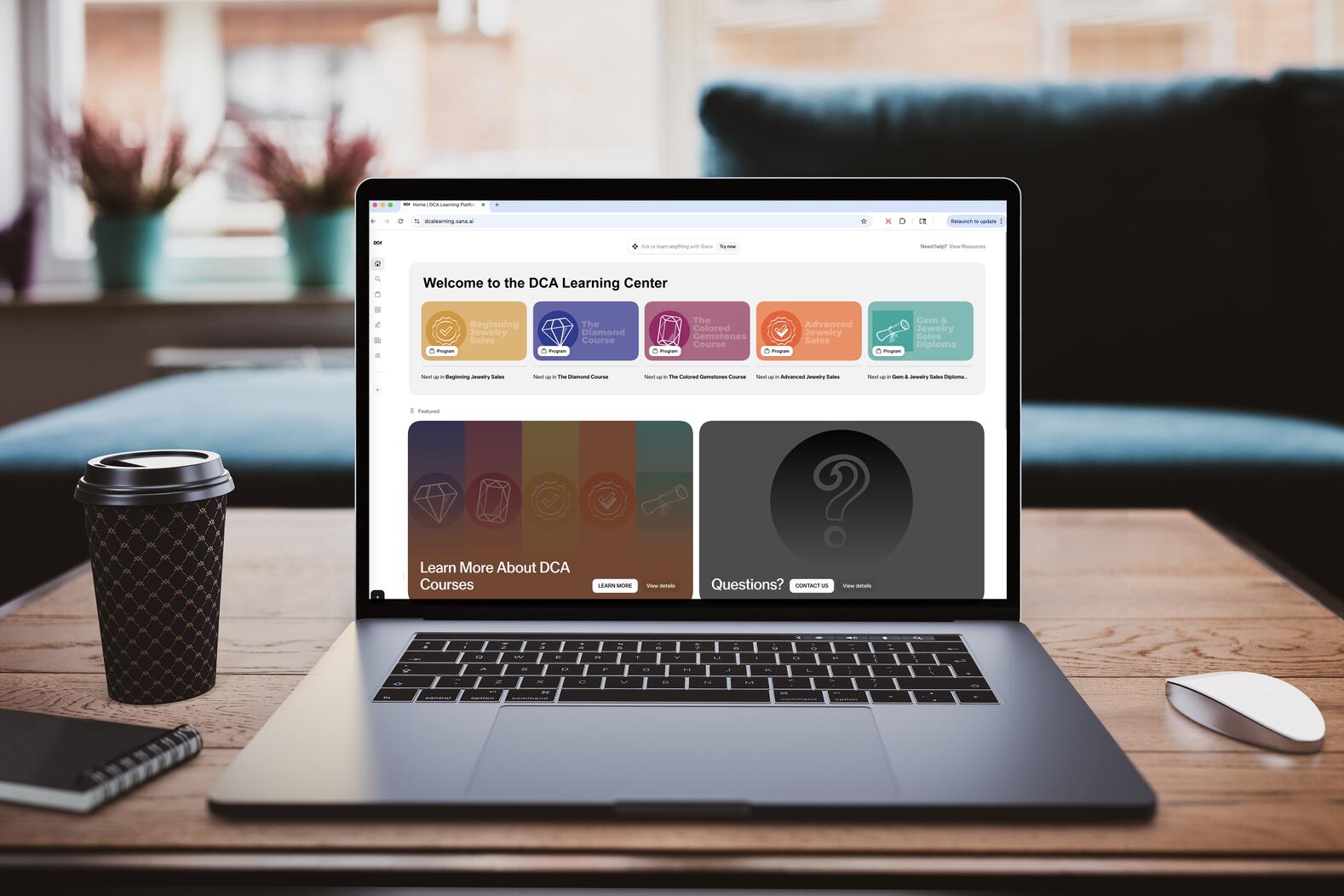Chrono24 Debuts Pre-Owned Watch Authentication Program
The program, now live in Europe, will roll out to the U.S. this summer.

Currently live in Europe, the program’s U.S. rollout is scheduled for early summer.
Shoppers can now browse a selection of certified authentic pre-owned watches on its website.
These watches are marked with a green “C” icon, signifying that a watch has either already been certified or that it can be certified as an add-on option.
Each certified watch will be accompanied by a digital certificate of authenticity.
The program is available for pre-owned watches priced over €1,000 ($1,085) from professional and private sellers.
The certification process includes an authenticity check of the watch, as well as its box and papers, performed by a certified watchmaker.
There are two ways in which a watch on the platform can be certified.
The primary way a watch can be certified is by an “experienced, vetted, and regularly audited watchmaker,” said the company, who is located near a vetted dealer and contracted by Chrono24. This is done prior to the listing and at no charge to the purchaser.
The second option is that a watch sold by a private seller can be certified by a watchmaker in a certification center, before it arrives to the purchaser.
The optional service costs €199 ($216) and includes insured postage, with a two to five business day turnaround time.
The watchmakers check the watch against a comprehensive checklist, said Chrono24, and follow a standardized authentication process.
The inspection includes a theft check, where the serial number is checked against stolen watch databases.
A functionality check makes sure the complications, winding, chronograph, etc. are working properly, which does require opening the case back.
An authenticity check verifies that the watch matches Chrono24’s definition of authenticity, explained in detail on its website.
Watchmakers also ensure the box and papers, if included, match the reference.
If these checks are passed, a certificate of authenticity is created, which includes details about the condition of the watch and any aftermarket parts.
If there is a difference between the listing and the watch itself, Chrono24 will inform the purchaser so they can decide whether or not to make the purchase.
Chrono24 notes that watch purchases on its website, regardless of “Certified” status, are protected through its existing “Buyer Protection” program.
Watch listings on the platform are checked by internal watch experts as part of its “Authentication Protection” commitment.
The payment is held in escrow until the shopper confirms they are happy with the purchase, within 14 days if bought from a professional seller or seven days if bought from a private individual.
Shoppers have 14 days to make a return and receive their money back should a watch arrive not as the seller described.
The Latest
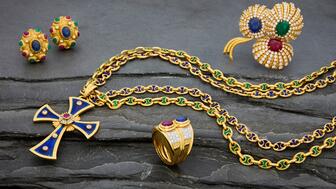
The estate of the model, philanthropist, and ex-wife of Johnny Carson has signed statement jewels up for sale at John Moran Auctioneers.

Are arm bands poised to make a comeback? Has red-carpet jewelry become boring? Find out on the second episode of the “My Next Question” podcast.
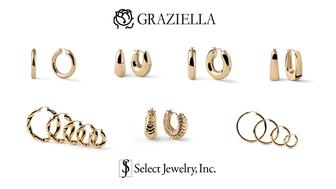
It will lead distribution in North America for Graziella Braccialini's new gold pieces, which it said are 50 percent lighter.
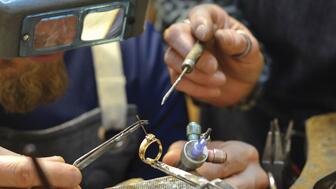
Launched in 2023, the program will help the passing of knowledge between generations and alleviate the shortage of bench jewelers.
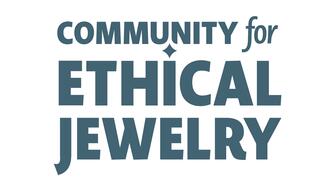
The organization is seeking a new executive director to lead it into its next phase of strategic growth and industry influence.

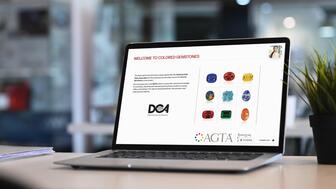
The nonprofit will present a live, two-hour introductory course on building confidence when selling colored gemstones.
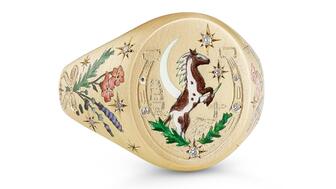
Western wear continues to trend in the Year of the Fire Horse and along with it, horse and horseshoe motifs in jewelry.
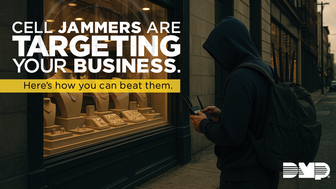
Criminals are using cell jammers to disable alarms, but new technology like JamAlert™ can stop them.
![A peridot [left] and sapphires from Tanzania from Anza Gems, a wholesaler that partners with artisanal mining communities in East Africa Anza gems](https://uploads.nationaljeweler.com/uploads/cdd3962e9427ff45f69b31e06baf830d.jpg)
Although the market is robust, tariffs and precious metal prices are impacting the industry, Stuart Robertson and Brecken Branstrator said.
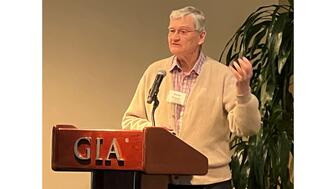
Rossman, who advised GIA for more than 50 years, is remembered for his passion and dedication to the field of gemology.
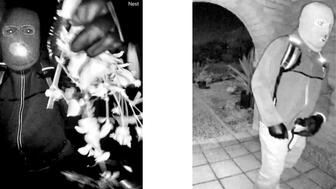
Guthrie, the mother of “Today” show host Savannah Guthrie, was abducted just as the Tucson gem shows were starting.

Butterfield Jewelers in Albuquerque, New Mexico, is preparing to close as members of the Butterfield family head into retirement.
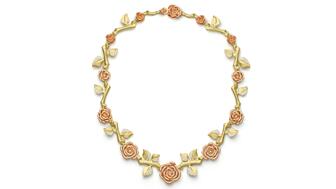
Paul Morelli’s “Rosebud” necklace, our Piece of the Week, uses 18-karat rose, green, and white gold to turn the symbol of love into jewelry.

The nonprofit has welcomed four new grantees for 2026.

Parent company Saks Global is also closing nearly all Saks Off 5th locations, a Neiman Marcus store, and 14 personal styling suites.
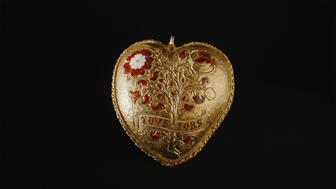
It is believed the 24-karat heart-shaped enameled pendant was made for an event marking the betrothal of Princess Mary in 1518.
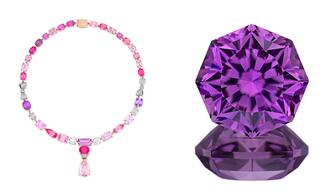
The AGTA Spectrum and Cutting Edge “Buyer’s Choice” award winners were announced at the Spectrum Awards Gala last week.
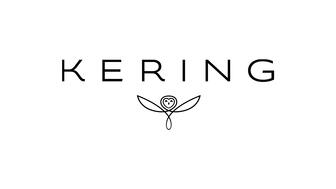
The “Kering Generation Award x Jewelry” returns for its second year with “Second Chance, First Choice” as its theme.
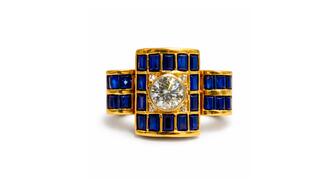
Sourced by For Future Reference Vintage, the yellow gold ring has a round center stone surrounded by step-cut sapphires.
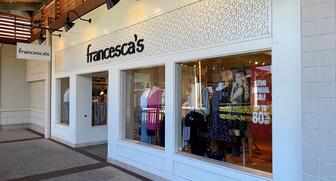
The clothing and accessories chain announced last month it would be closing all of its stores.

The “Zales x Sweethearts” collection features three mystery heart charms engraved with classic sayings seen on the Valentine’s Day candies.

The event will include panel discussions, hands-on demonstrations of new digital manufacturing tools, and a jewelry design contest.
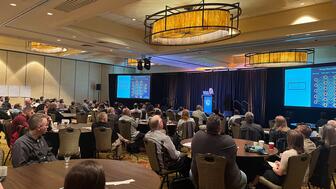
Registration is now open for The Jewelry Symposium, set to take place in Detroit from May 16-19.
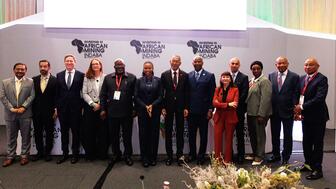
Namibia has formally signed the Luanda Accord, while two key industry organizations pledged to join the Natural Diamond Council.
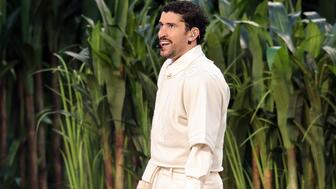
Lady Gaga, Cardi B, and Karol G also went with diamond jewelry for Bad Bunny’s Super Bowl halftime show honoring Puerto Rico.
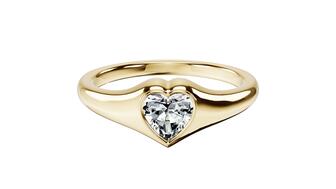
Jewelry is expected to be the No. 1 gift this year in terms of dollars spent.
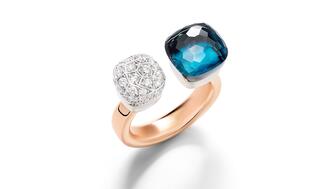
As star brand Gucci continues to struggle, the luxury titan plans to announce a new roadmap to return to growth.




